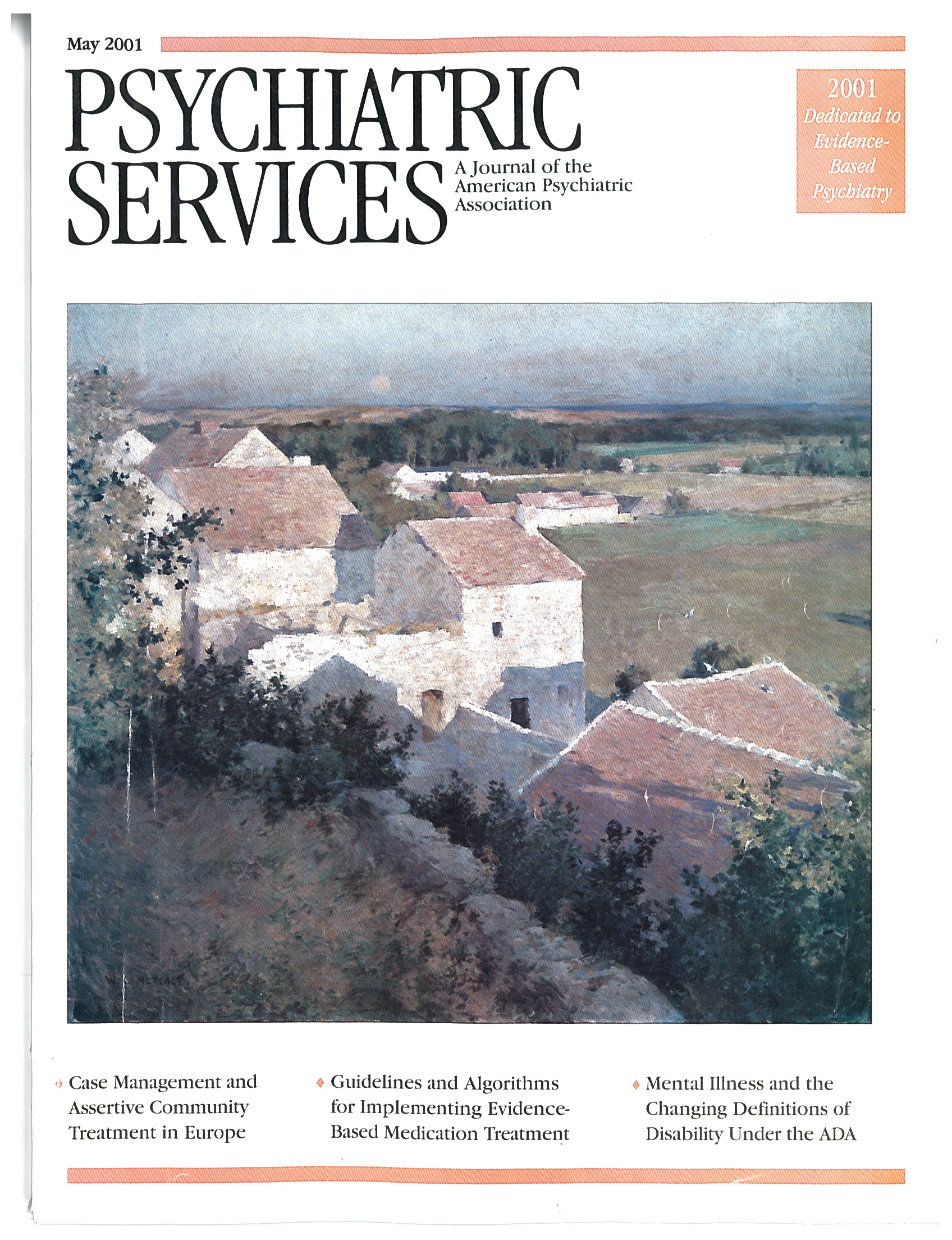In Reply: In their response to my commentary (
1) on their conceptual model of recovery (
2), Dr. Jacobson and Ms. Greenley say that I advocate "for the conceptual model held by most of the psychiatric establishment: the biomedical model of mental illness." But there is no "psychiatric establishment" model, unless it is the biopsychosocial one. It is certainly not the purely biomedical one (
3). And the field is not monolithic; there are those who give lip service to the biopsychosocial model but really adhere to one of the extremes, "bio-", "psycho-", or "socio-." I oppose the extremes and support the all-inclusive biopsychosocial model.
I felt that Dr. Jacobson and Ms. Greenley's model minimized the "bio-" factor—the disease—and leaned too much toward the "socio-" position. I argued against that position and would argue equally against reductionistic psychopharmacologists who think a human being is merely a collection of synapses and transmitters. And despite my training in and personal inclination toward the "psycho-" model, I argued years ago with reductionistic psychoanalysts who spoke of the "schizophrenogenic mother" and who thought that autism was caused by "cold parenting." Also, one must recognize the limitations of the "psycho-" model alone in treating major mental illnesses.
Dr. Jacobson and Ms. Greenley theorize that the disease process does not take over the self—rather the cause of the loss of self is external. Their focus is shifted away from disease and "toward the mental health services and systems and the larger society, which create the conditions under which individuals experience mental illness." To them "stigma within and outside the psychiatric community, the restrictions on growth and autonomy, and the abuses perpetrated by the mental health system" are causes rather than social consequences of the illness, but the consequences then interact with the manifestations of the disease to influence the total picture.
There are some truths in what they say, and these truths should be addressed. But the authors go too far. They see treatment along lines similar to those drawn by Michel Foucault—as a struggle between power-owning physicians and powerless patients who have "intransigence as the only protest available." They call for a "more equal distribution of power between providers and consumers," as if illness were like employer-employee conflicts and treatment a kind of class struggle.
Well-intentioned ideologies, imposed untested, can crunch recipients into Procrustean beds and cause harm. I recall the days before medication, the suffering and neglect that mentally ill patients had to endure in hospitals: apathetic, withdrawn people huddling against walls or pacing up and down muttering to themselves; no tablecloths, almost no utensils; attendants standing near the walls, frightened. "Socio-" could play no therapeutic role. Then medicines and the "bio-" element came in, and there were tablecloths, utensils, patients sitting around doing things, and attendants seated with them. The medications themselves had changed the illness, its consequences, and the "socio-," which now could be therapeutically useful.
Dr. Jacobson and Ms. Greenley did not work in those hospitals and did not see that change. But persons with a worldview similar to theirs saw the hospitals as causes of illness and sent the patients out of them and onto the streets without anyone to take care of them, "Toms-a-Bedlam," lacking only bells around their necks. Which worldview promises the most for them?

